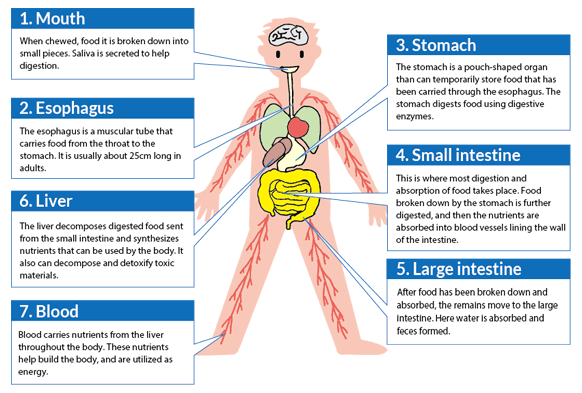
The Vital Role of Vitamins: Why They are Essential for Human Body Functioning
Vitamins are a group of organic compounds that are essential for the proper functioning and maintenance of the human body. Despite being required in small quantities, vitamins play a crucial role in various physiological processes that promote growth, development, energy production, immunity, and overall well-being. In this comprehensive article, we will delve into the significance of vitamins and why they are indispensable for the human body’s optimal functioning.
Understanding Vitamins: A Diverse Group of Nutrients
Vitamins are diverse in structure and function, and they can be classified into two main categories: water-soluble and fat-soluble vitamins.
Water-Soluble Vitamins
Water-soluble vitamins, including Vitamin C and the B-vitamins (such as B1, B2, B3, B6, B12, folate, and biotin), are not stored in the body to a great extent and are easily excreted in urine. These vitamins are typically found in fruits, vegetables, whole grains, and lean proteins.
Fat-Soluble Vitamins
Fat-soluble vitamins (Vitamins A, D, E, and K) are stored in the body’s fat tissues and liver. They require dietary fats for absorption and are often found in foods like fatty fish, dairy products, nuts, and seeds.
Roles of Vitamins in Human Body Functioning
The roles of vitamins are diverse and essential, affecting various aspects of health and well-being:
1. Antioxidant Defense
Vitamins like Vitamin C and Vitamin E act as antioxidants, protecting cells from oxidative stress and damage caused by free radicals. Antioxidants play a critical role in reducing the risk of chronic diseases, including heart disease and certain cancers.
2. Immune System Support
Vitamins, particularly Vitamin C and Vitamin D, are vital for maintaining a healthy immune system. Vitamin C enhances the function of immune cells, while Vitamin D plays a role in immune cell regulation and defense against infections.
3. Bone Health
Vitamins such as Vitamin D, along with calcium and phosphorus, are essential for maintaining strong and healthy bones. Vitamin D aids in calcium absorption, ensuring proper bone mineralization and reducing the risk of osteoporosis.
4. Energy Production
B-vitamins, including B1 (thiamine), B2 (riboflavin), B3 (niacin), B5 (pantothenic acid), and B6 (pyridoxine), are crucial for converting food into energy through various metabolic pathways. They also support the nervous system and contribute to the synthesis of neurotransmitters.
5. Blood Clotting and Wound Healing
Vitamin K is essential for proper blood clotting and wound healing. It plays a role in the activation of proteins that control blood clotting and contribute to bone health.
6. Vision and Skin Health
Vitamin A is crucial for maintaining healthy vision, especially in low light conditions. It also supports the health of the skin and mucous membranes, contributing to a strong barrier against pathogens.
7. Nervous System Function
Vitamins B6, B9 (folate), and B12 are integral to the nervous system’s proper functioning. They contribute to the production of neurotransmitters, which are essential for communication between nerve cells and brain function.
Importance of a Balanced Diet
Obtaining an adequate amount of vitamins through a balanced and varied diet is essential for overall health. Deficiencies in vitamins can lead to various health problems and disorders. For instance:
- Vitamin C deficiency: Can result in scurvy, characterized by fatigue, weakness, and bleeding gums.
- Vitamin D deficiency: Can lead to weak bones, increased risk of fractures, and compromised immune function.
- Vitamin B12 deficiency: Can cause anemia, fatigue, nerve damage, and cognitive impairments.
Conclusion
In conclusion, vitamins are indispensable for the human body’s optimal functioning. Their diverse roles, from supporting energy production and immune defense to maintaining bone health and promoting proper vision, underscore their significance in overall health and well-being. Incorporating a variety of nutrient-rich foods into one’s diet is key to ensuring an adequate intake of essential vitamins. Understanding the crucial functions that each vitamin fulfills emphasizes the importance of a balanced and nutritious diet to support the body’s intricate processes and to prevent potential deficiencies that could compromise health.



